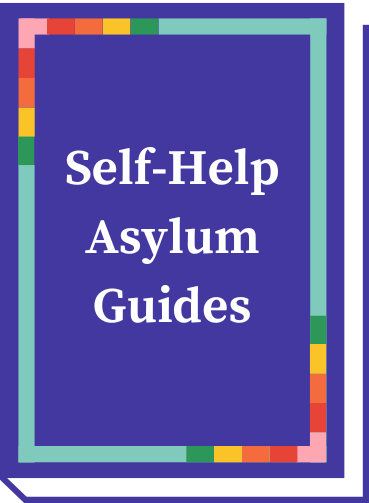Work and Travel While Pending
The information contained herein is for reference only and may not be up to date. It does not constitute legal advice. You should always consult an attorney regarding your matter.
Last updated: June 3, 2020
Employment Authorization
Individuals with a pending asylum application may be eligible work authorization in the United States. After an applicant files their application for asylum, they must wait 150 days from the date on their receipt notice, or, if the applicant is in removal proceedings, the day they filed their application in immigration court, before they can file an application for employment authorization. USCIS will only consider the application once 180 days have elapsed from the relevant date. Note that any applicant-caused delays, such as a request to reschedule an interview or a hearing, or a change of venue, may cause the calculation of the 180-day period to stop until the delay is resolved.
Currently, there is no filing fee for the first application for employment, however, for applications to renew employment authorization based on a pending asylum application, the applicant must pay a fee. These fees may be waived if the applicant proves to USCIS that they qualify for a fee waiver.
Currently asylum applicants who wish to apply for employment authorization must disclose any arrest or conviction they may have had. Note that depending on the nature of the arrest or conviction, an applicant may be at risk of apprehension by ICE. One should consult a qualified immigration attorney to discuss the potential implications of applying for employment authorization while an asylum application is pending.
Travel
For a person who applied for asylum affirmatively, while the applicant’s application is pending, the applicant should avoid travelling outside the United States except for in extremely urgent circumstances. If an applicant needs to travel outside the United States for urgent reasons, such as a close relative being gravely ill, a close relative’s death, urgent medical reasons, or other humanitarian reasons, the applicant should first apply for and obtain advance parole. If the applicant departs from the United States before receiving advance parole, the individual’s application will likely be deemed abandoned. Note that even if an applicant receives advance parole, there is no guarantee that they will be allowed to return to the United States. A CBP officer may make the determination that the applicant is inadmissible to the U.S. and may place the applicant in detention and in removal proceedings.
An applicant who is in removal proceedings should never travel outside the United States until they are granted legal status and permission to travel abroad. This is true even if the applicant receives advance parole. If an applicant leaves the United States while they are in removal proceedings, they are said to “self-deport” and they will likely not be allowed to return to the U.S. Even after the conclusion of removal proceedings, depending on the Immigration Judge’s decision, an applicant may not be eligible to travel abroad.
The information contained herein is for reference only and may not be up to date. It does not constitute legal advice. You should always consult an attorney regarding your matter.
